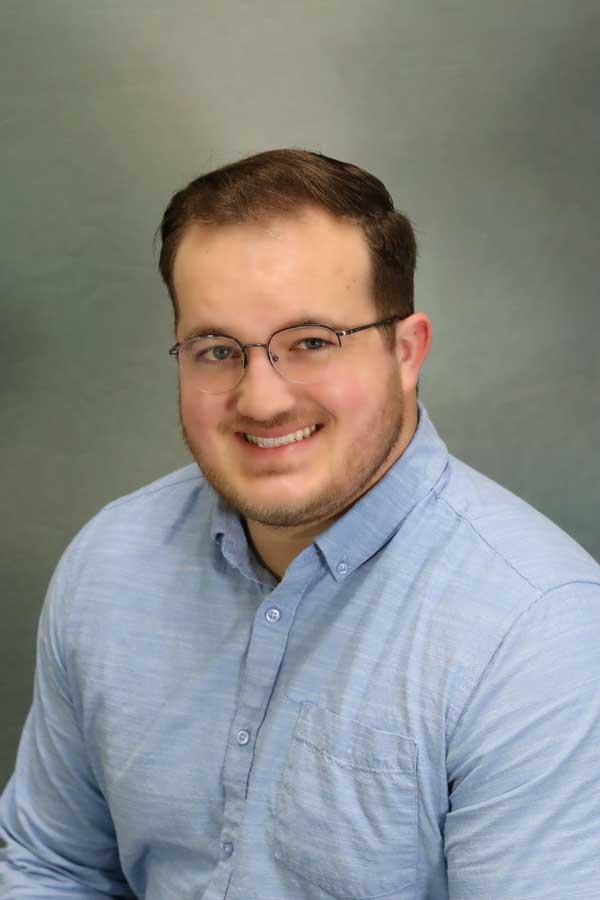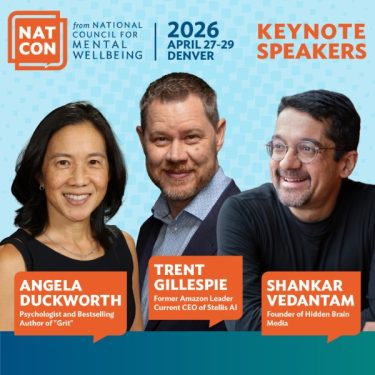In December 2022, I graduated with my master’s degree in marriage and family therapy. My training took place in the medical school’s clinic and a community health care site, where I worked with complex, high-need populations, often uninsured, unhoused and carrying deep histories of trauma. It was intense, emotionally demanding work that left very little space to exhale. By the time I finished the program, I was already burned out. I didn’t transition into the field — I walked away from it.
For about a year, I sold life insurance and did door-to-door lawn care service sales. It was a relief at first. The work was less emotionally taxing, and the rewards came faster — sales, bonuses, no paperwork or crisis calls lingering in my mind after hours. But it didn’t take long for that kind of work to feel hollow. I missed feeling connected to something meaningful, to the communities I had served. I didn’t miss the stress of clinical work, but I missed the purpose.
In 2024, I was offered a role in a community mental health setting in middle Georgia by a former supervisor I had built a strong rapport with during my master’s program. The behavioral health department was still in its early stages, and I had the opportunity to be a part of building it from the ground up. This time around, I was entering the field without the added pressure of schoolwork and classes competing for my energy. I came back to the work on my own terms, with more clarity, and a much stronger sense of what I needed to stay grounded.
The Accelerator Program has been a critical part of that return. It gave me tangible resources to help navigate the licensure process, and just as importantly, it connected me to a network of peers in the same stage of development. I didn’t feel as isolated. Having others who “get it” has made a huge difference, especially during moments of self-doubt or stress that might’ve sent me spiraling a few years ago.
I’ve also learned to treat this work for what it is: a job. A meaningful and important job, but a job nonetheless. I no longer believe I need to love every second of it or pour every spare moment into becoming the perfect therapist. I don’t need to spend my evenings listening to clinical podcasts or attending webinars just to keep up. I clock out when the day ends. I set boundaries with clients and administration alike. I protect my free time. I lift weights, watch movies, play video games, and spend time with my wonderful girlfriend, who supports me when things get overwhelming and reminds me, lovingly, when I need to stop carrying work home with me.
To anyone on the verge of burnout: Give yourself permission to treat this like a job. Advocate for your needs with the same intensity you use to advocate for your clients. Find organizations and practices to work for that listen when you speak up. Be intentional with your off-time.
And be honest about what’s actually helping you decompress. Scrolling TikTok for two hours might feel like rest, but often it’s just passive dissociation. True rest leaves you feeling more like yourself, not further away from it. Don’t confuse numbing out with healing. Be purposeful with your time and energy, both in and out of the therapy room.
The work we do matters, but so do we.
Guest Author: Zach Mildren, BS, LAMFT
Zach Mildren is a Candidate Ambassador for the National Mental Health Workforce Acceleration Collaborative — a National Council program funded by Kaiser Permanente. This innovative program addresses the mental health workforce shortage by supporting candidates as they pursue professional licensure, increasing the number of licensed clinicians available to serve clients across the country. To learn more about the program, visit our website.




